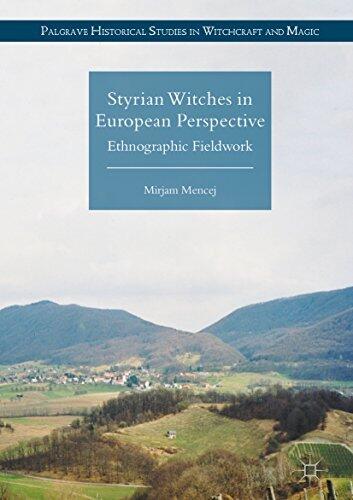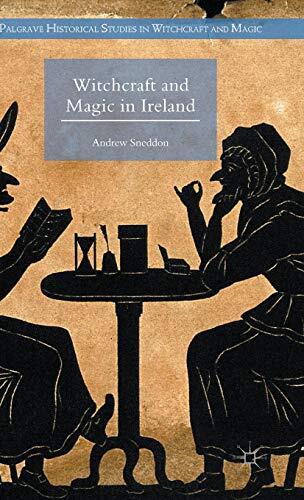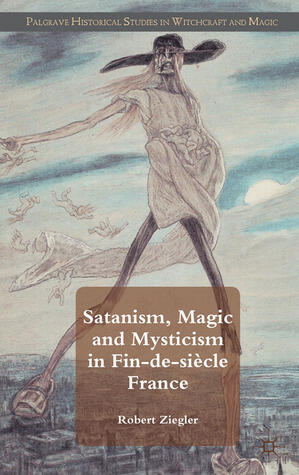
Werewolf Histories
によって
Willem de Blécourt
まだ評価がありません
History
形式
ハードカバー
ページ数
272
言語
英語
公開されました
Oct 12, 2015
出版社
Palgrave Macmillan
ISBN-10
1137526335
ISBN-13
9781137526335
説明
Willem de Blécourt delves into the rich and often chilling history of werewolves across Europe, presenting a thorough academic examination that brings to light the cultural significance and myths surrounding these legendary creatures. This exploration ties together folklore, historical accounts, and the societal impacts of werewolf narratives throughout various periods.
De Blécourt takes readers on a journey, peeling back the layers of time to reveal how fear, superstition, and the supernatural have shaped the perception of werewolves in different regions. He investigates the social, political, and religious contexts that fueled these narratives, offering insights into how they reflected the anxieties and beliefs of the societies that spawned them.
With meticulous research and engaging prose, the author challenges conventional views of werewolves as mere monsters, suggesting instead they are complex symbols intertwined with human struggles, moral lessons, and societal dynamics. This academic work invites curiosity as it illuminates the rich tapestry of werewolf lore, connecting it to the broader human experience across centuries.
Through this scholarly lens, the book serves both as an enlightening academic resource and an intriguing narrative for those fascinated by folklore and myth. De Blécourt’s investigation opens up a dialogue about the roles such stories play in understanding cultural histories and human nature itself.
De Blécourt takes readers on a journey, peeling back the layers of time to reveal how fear, superstition, and the supernatural have shaped the perception of werewolves in different regions. He investigates the social, political, and religious contexts that fueled these narratives, offering insights into how they reflected the anxieties and beliefs of the societies that spawned them.
With meticulous research and engaging prose, the author challenges conventional views of werewolves as mere monsters, suggesting instead they are complex symbols intertwined with human struggles, moral lessons, and societal dynamics. This academic work invites curiosity as it illuminates the rich tapestry of werewolf lore, connecting it to the broader human experience across centuries.
Through this scholarly lens, the book serves both as an enlightening academic resource and an intriguing narrative for those fascinated by folklore and myth. De Blécourt’s investigation opens up a dialogue about the roles such stories play in understanding cultural histories and human nature itself.



















